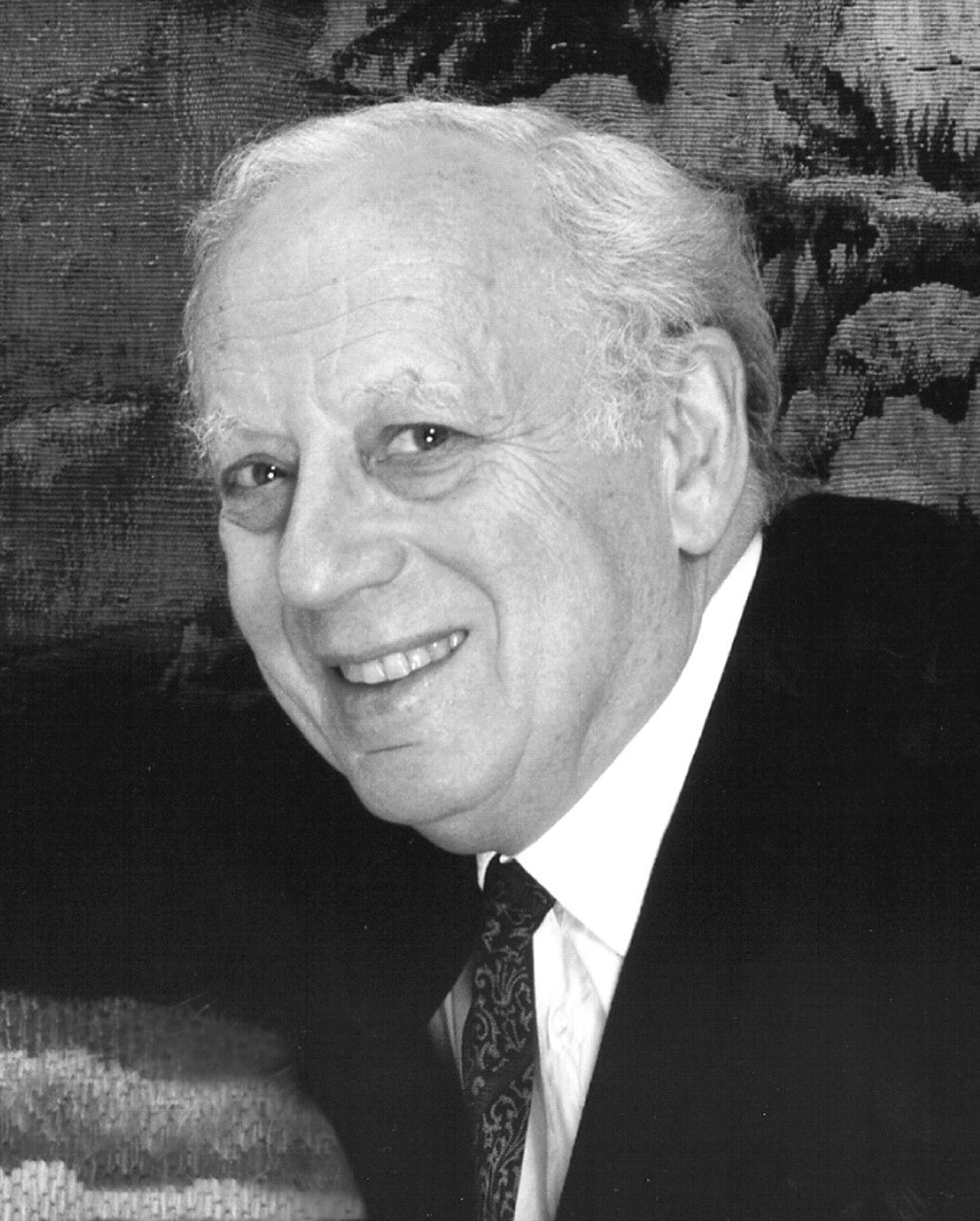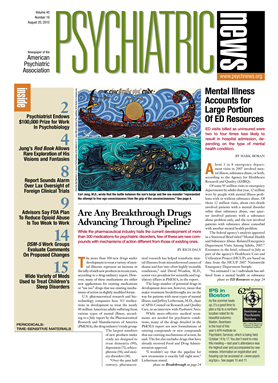Just prior to his death in March, psychiatrist and businessman Mortimer Sackler, M.D., established the biennial Sackler Prize for Distinguished Achievement in Developmental Psychobiology.
The award will recognize research “carried out at any level of organization, from the cultural to the molecular,” into “the advancement of our understanding of the developmental processes of mind, brain, and behavior that contribute to normal development and the origins of mental illness,” according to the prize description.
The $100,000 prize may be awarded for either current research or lifetime achievement, said Jeffrey Lieberman, M.D., a professor and chair of the Department of Psychiatry at Columbia University's College of Physicians and Surgeons.
Columbia and Weill Cornell Medical College will jointly administer the prize, which will be awarded by the six research institutes that Sackler endowed from 1998 to 2009 at Weill Cornell, Columbia, McGill University, the University of Sussex in England, and the universities of Edinburgh and Glasgow in Scotland, where Sackler attended medical school. (In the decades before World War II, Sackler, like many American Jews, studied at Scottish medical schools when anti-Semitic quotas kept them out of U.S. institutions.)
Columbia awarded an initial Mortimer D. Sackler Prize to Avshalom Caspi, Ph.D., now a professor of psychology and neuroscience, and of behavioral sciences at Duke University, in April 2008, funded by a single gift made in December 2007.
“A large award like this brings recognition to a developing field that deserves more attention than it has received in recent years,” said APA medical director James H. Scully Jr., M.D.
“Closing the gap between mind and brain has been an important goal of psychiatry and neuroscience for many decades,” said Scully. “The developmental approach to psychiatry is part of our work on the DSM-5, consistent with our moving to diagnosis and treatment of psychiatric illness across the lifespan.”
Although the prize was established near the end of his life, its focus drew on Sackler's scientific interests in the 1940s about how early genetic and environmental influences on the brain or mental capacity affect the trajectory of the life cycle, said Lieberman in an interview.
Sackler and his brothers Arthur and Raymond were born in New York, the sons of an immigrant grocer. All went to medical school, and all became psychiatrists. In a field then dominated by psychoanalysis, the three took off in a very different research direction.
“They were interested in exploring the chemical and hormonal basis of mental disturbances,” said Lieberman. Their work helped form the foundation of what later was termed “biological psychiatry.” They sought to develop diagnostic tests and therapeutic strategies based on their research.
The Sacklers trained at Creedmoor State Hospital outside New York City under Johann van Ophuijsen, M.D. From 1949 until 1958, the three brothers (often with Ophuijsen or other colleagues) published a number of articles on disturbances in thyroid function, glucose metabolism, and insulin signaling. Their results were supported by the response of some patients to histamine, insulin, or thyroid hormone treatment.
Without current imaging methods to observe the brain in action, they relied on measuring neurotransmitter metabolites in the blood.
For instance, they observed that high levels of corticosteroids could induce psychotic conditions, leading to the present understanding today of how adrenal steroids can cause mania and psychosis.
Mortimer Sackler also came to appreciate that treatment of mental disorders required a multidisciplinary approach, said Lieberman. The insights generated by the psychiatrist's interaction with patients had to be complemented by neurobiology, chemistry, and endocrinology.
Sackler and his brothers also went into the business world as a team, purchasing Purdue Frederick Co., a small pharmaceutical manufacturer in New York, in 1952.
The company was successful, and much of the wealth the brothers accrued was donated for medical research and to arts and scientific institutions around the world, including the new prize in developmental psychobiology.

